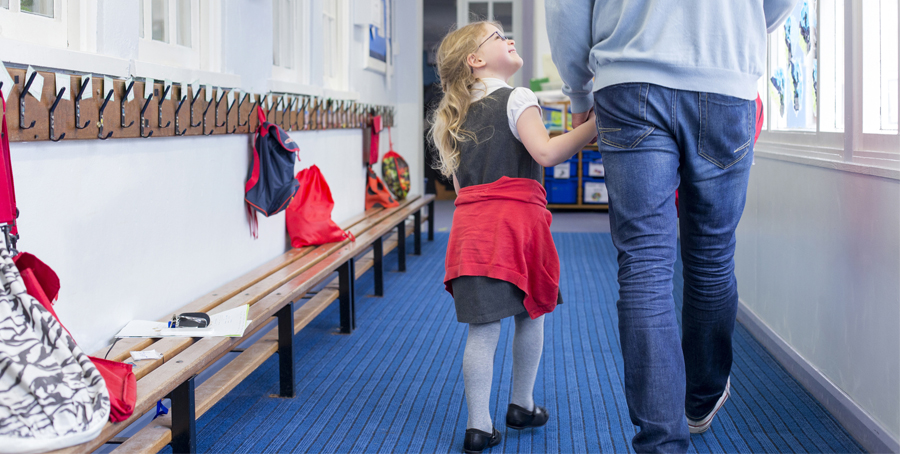Closing schools is likely to have a small impact on slowing the spread of coronavirus (COVID-19) and imposes a heavy economic burden that could outweigh the benefits, a new study has claimed.
Led by the University College London (UCL), the study found that school closures alone were predicted to reduce deaths by 2% to 4% amid the COVID-19 outbreak in the UK, which is less than other social distancing measures.
The researchers examined 16 studies of recent outbreaks of other forms of the coronavirus, including the 2003 Sars epidemic in mainland China, Singapore and Hong Kong, and concluded that school closures did not help control the spread of the epidemic.
The published report concluded that other social distancing measures should be introduced such as increasing spacing between students in class and closing school playgrounds.
Lead researcher, Russell Viner, a professor at Great Ormond Street Institute of Child Health (part of UCL), said: “We know from previous studies that school closures are likely to have the greatest effect if the virus has low transmissibility and attack rates are higher in children. This is the opposite of COVID-19.
“Data on the benefit of school closures in the COVID-19 outbreak is limited but what we know shows that their impact is likely to be only small compared to other infection control measures such as case isolation and is only effective when other social isolating measures are adhered to.”
He continued: “With nearly 90% of the world’s students (more than a billion-and-a-half young people) out of school, more data and robust modelling studies are urgently needed to help us identify how countries can, in time, safely return students to education.”
However, Professor Neil Ferguson, who has been advising the government on strategies to tackle the pandemic, insists school closures play an important role in preventing the spread of the virus.
Schools are in their third week of lockdown but are able to remain open to look after the children of key workers. It is expected that a review of this policy will take place after the Easter break.
A government spokesperson stated: “Schools will remain closed until further notice, except for children of critical workers and the children who are most vulnerable. We will reopen schools when the scientific advice indicates it is safe to do so.”

